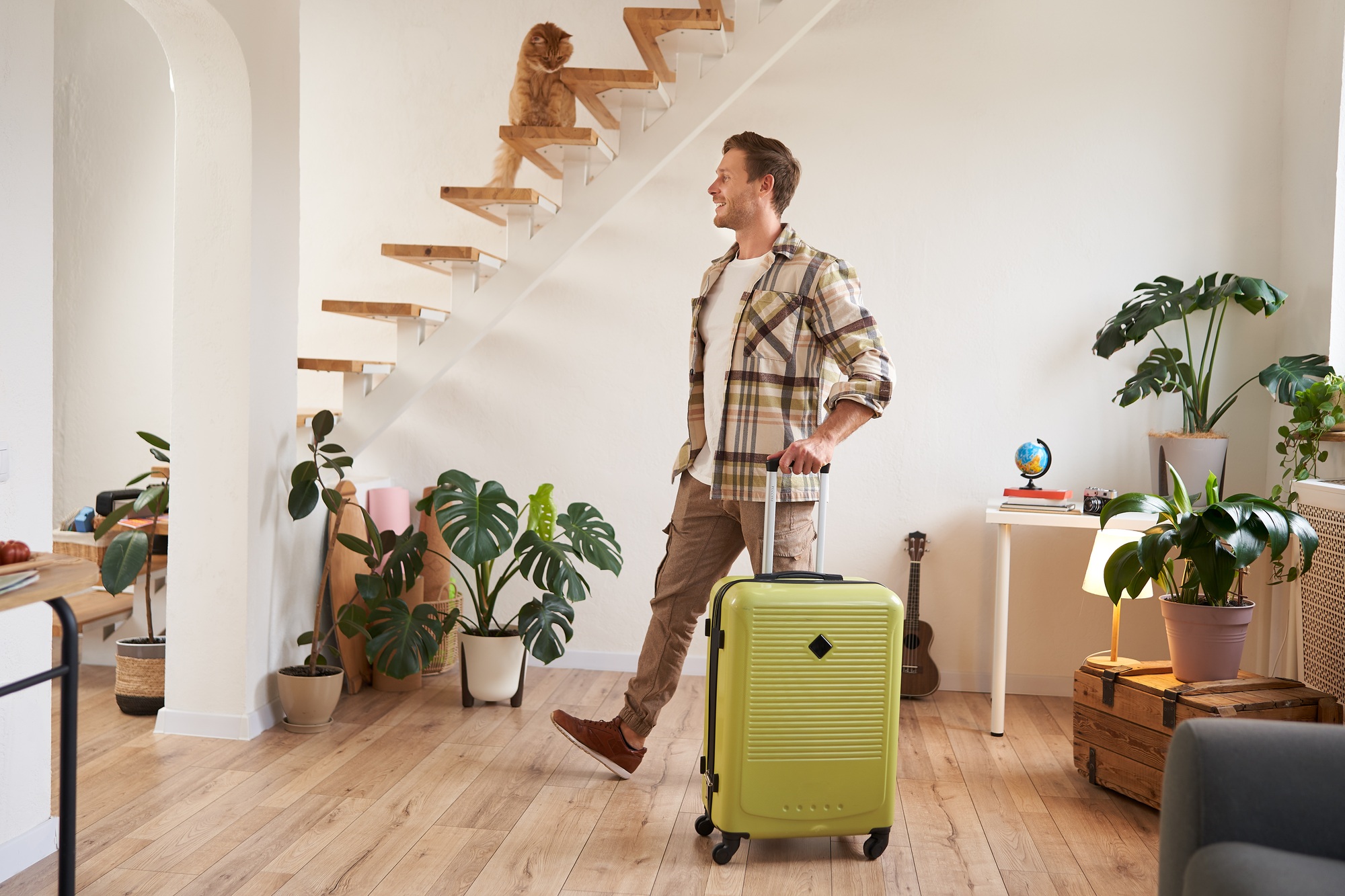Airbnb is embracing artificial intelligence to smooth the guest experience — and it’s doing it quietly but effectively. During the company’s Q1 earnings call this week, CEO Brian Chesky revealed that Airbnb has begun rolling out an AI-powered customer service bot across the U.S., and it’s already handling support for half of its American users.
The bot is still in soft-launch mode, but it’s making waves internally. Chesky said the tool has already cut down live agent contact by 15%, a significant number for a company handling millions of global stays every month.
Why AI, and Why Now?
“We think AI has the potential to radically improve the consumer layer,” Chesky said. But unlike competitors like Booking.com and Expedia — both of which are racing to deploy AI itinerary builders and real-time travel assistants — Airbnb is treading carefully.
In February, Chesky emphasized that customer service would be Airbnb’s first major AI use case. “It’s still early days,” he added, noting that automation would come before generative travel agents or predictive booking experiences.
Back in 2024, Airbnb had confirmed to TechCrunch that it was testing AI for limited queries. Now, that small pilot has scaled up, with plans to expand nationwide by the end of May.
A More Measured Approach Than Rivals
While companies like OpenAI, Google, and Perplexity AI push out agents that can perform increasingly complex digital tasks, Airbnb is focusing on where it thinks AI can deliver the most value today: helping guests and hosts resolve issues faster.
That means answering common questions, processing cancellation requests, flagging fraud, and resolving check-in or refund problems — things that are still surprisingly manual in much of the travel industry.
Tariffs Cloud the Travel Outlook
Despite the tech optimism, Airbnb isn’t immune to macroeconomic headwinds. The company reported $2.27 billion in Q1 revenue, a 6% year-over-year increase, but it missed analyst expectations for the current quarter.
Why? Global tariffs, according to Chesky. As U.S.–China trade tensions escalate and discretionary spending gets squeezed, Airbnb expects travel demand to cool, especially for non-essential international trips.
This is a trend the entire sector is grappling with. Booking.com and Expedia have also hinted at more cautious outlooks, even as they roll out flashy AI features to woo users.
What’s Next for Airbnb’s AI?
So far, Airbnb is sticking to customer service with its AI ambitions. But co-founder Nathan Blecharczyk has hinted that the company is keeping a close eye on future applications — especially for travel planning and booking — as the tech matures.
While we may not see a full-blown “AI travel agent” from Airbnb just yet, its slow and steady integration strategycould give it an edge in reliability and trust, particularly among travelers who still want a human touch when things go wrong.







